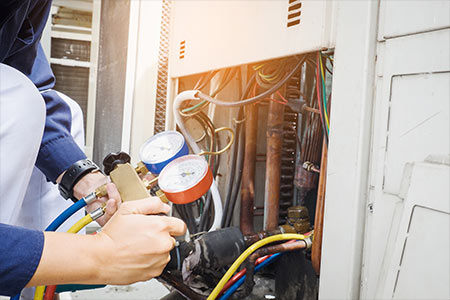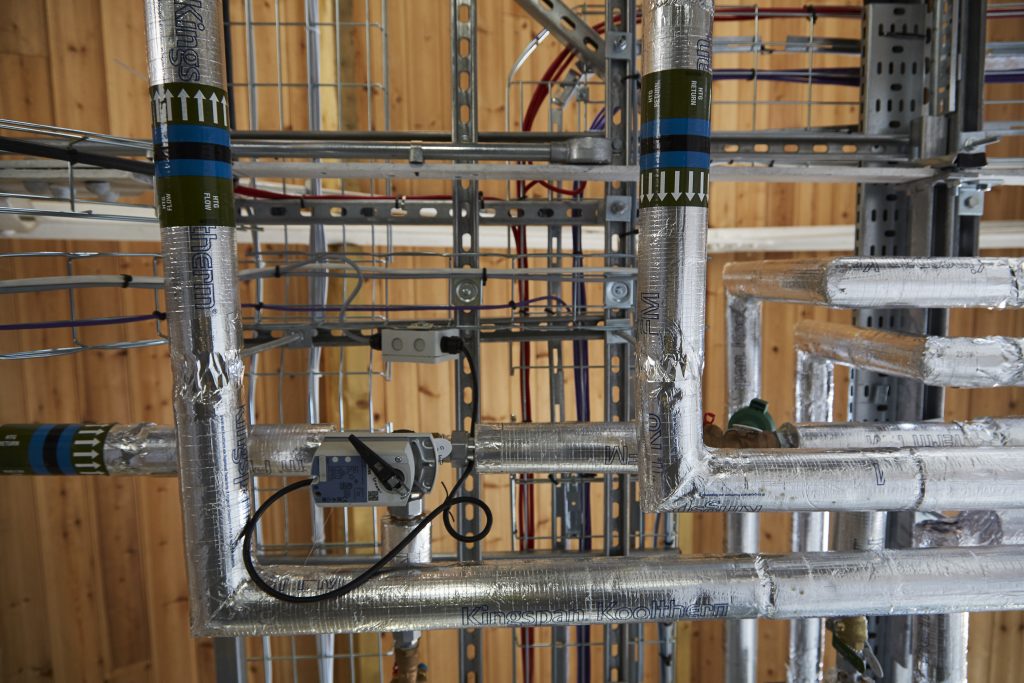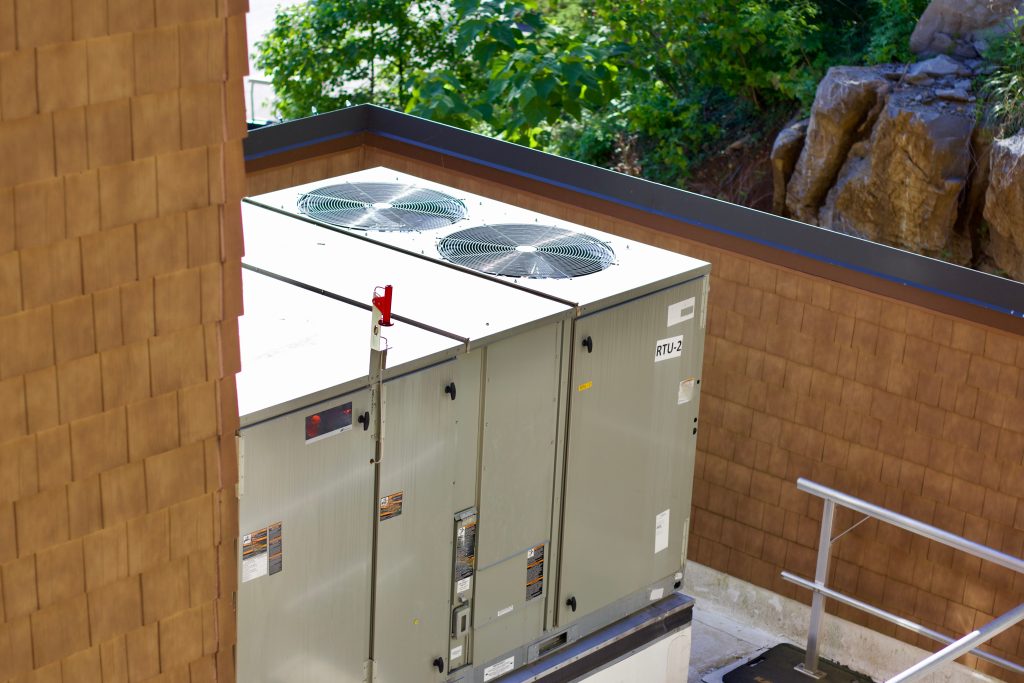If you’re considering HVAC replacement, chances are that this is your first time facing such a project and you’re not quite sure what to expect. That’s why we’ve come up with all the helpful information you’ll need, from working with an HVAC contractor and installer to tips that will help you prepare your home before the HVAC replacement project begins.
HVAC replacement can be a significant undertaking. There’s a lot to consider, not least choosing the right HVAC system for your premises, but working with the right contractor can be a relatively stress-free and straightforward process
What are the factors that you need to consider when you’re replacing an existing commercial HVAC system, and what should you do if something goes wrong?
Working with your contractor
Finding the right contractor to carry out the replacement is key. They will give you an accurate estimate of the cost, as well as outline how the work will be carried out. Should there be any difficulties with the installation they will be able to rectify them quickly.
If you begin encountering problems after the system has been installed, then your contractor should be on-hand to assess the issue and find a solution.
What are the potential problems?
Commercial HVAC systems are typically larger than what is found in domestic buildings and are required to carry out more complex operations. Commercial HVAC systems have more space to heat and cool. Commercial systems will range in size and features and will contain a number of key elements that differentiate them from domestic systems. This can include multiple thermostats, more wires and complex parts and a modular system to allow for fluctuating company needs.

Wrong sized system
After a system has been installed you may notice that the heating and cooling aspects of the system seem inefficient or not working at all. There is a variety of different possible causes for this but when it happens shortly after installation it might suggest that the system is the wrong size for the building.
If you have a system installed that’s the wrong size, it will cause ongoing problems such as insufficient cooling and heating. This can increase the cost of your energy bills substantially as well as make breakdowns more likely because the system has to work harder.
Any HVAC contractor should ensure that the system they have designed is right for the amount of floor space that it will be covering, as well as the building layout.
Lack of efficiency
Over time, your HVAC system may lose efficiency. One way to combat this is through regular maintenance. This will ensure that your system is working as efficiently as possible and that any problems are addressed before they have the chance to develop into more significant issues.
If you notice that your system isn’t operating efficiently shortly after the installation then this suggests that there may be problems with the design and installation. The commissioning process should take a thoroughgoing approach to ensure that your system is tuned and effective for your particular needs.
Problems with the installation
There are a number of issues that might occur if the installation has not been completed appropriately. Some might present problems immediately and can quickly be rectified. Others might take time to become apparent, perhaps at the first maintenance visit or when the elevated running costs are discovered. Either way, it’s important that any issue with installation should be rectified as soon as possible. The original contractor should return to assess the issue and carry out any remedial work that’s required.

Poor indoor air quality
If you notice that the air quality in your building has deteriorated since your installation, then this may suggest there is a problem with the air filters. Normally, this will indicate that the HVAC system’s air filters are dirty and need changing. If your system has only recently been fitted then it may suggest a problem with the installation. If your HVAC system is working in an industrial environment, then it’s possible that you will need to change your filters more regularly than was expected.
Cooling systems should also provide a certain amount of dehumidification for the indoor environment. If you find that humidity is increasing or isn’t reducing, then this aspect of the HVAC system may need some attention.
Unusual Noise
If your HVAC system is making loud or unusual noise then this can be a sign of loose components or issues with a fan or moving parts. In some cases, it might be a more serious problem.
A visual inspection of the system may locate a loose component that can be properly secured, but in many cases, it’s important to contact your contractor as soon as possible. Because of the potentially serious issues that noises can indicate it may be sensible to keep your system turned off until it has been rectified.
What can you do if something goes wrong?
If something goes wrong with your system shortly after installation, then you should consult your contractor immediately. It is their responsibility to ensure that your system is working as designed and is effective and efficient. They should troubleshoot and carry out any necessary adjustments.
At ECS Yorkshire, our skilled and experienced technicians reduce the risk of problems occurring due to their thorough approach to design and installation. Should teething problems arise we will be on-site to rectify them as quickly as possible. Our ongoing maintenance service ensures that any potential issues are identified and resolved as quickly as possible.
Commercial HVAC replacement and maintenance from ECS
At ECS, we make it easier to replace your old commercial HVAC system. We can advise about what might be the most appropriate course of action and the type of system that will be most effective for your building.
We thoroughly troubleshoot any newly installed system, identifying and rectifying any issues. We’re also on-hand to tackle any problems that are impacting the smooth operation of your system.
If you’re considering replacing your existing commercial HVAC system contact us today to find out more.

